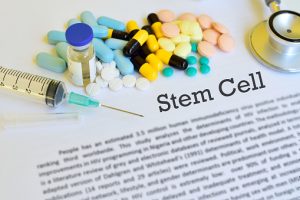
Sixty-nine percent of people did not experience any progression of disability, relapses in multiple sclerosis symptoms, or new brain lesions five years after the treatment. Participants also did not take medications for multiple sclerosis after undergoing HDIT/HCT treatment, and the results of previous studies suggest that traditional medications may have a lower success rate than this new treatment.
Director of the National Institute of Allergy and Infectious Diseases, Dr. Anthony S. Fauci, explained: “These extended findings suggest that one-time treatment with HDIT/HCT may be substantially more effective than long-term treatment with the best available medications for people with a certain type of MS.”
To conduct the trial, 24 volunteers between the ages of 26 and 52 whose symptoms of relapsing-remitting MS were not being well-managed by available medications underwent the HDIT/HCT treatment, and researchers observed the safety, efficacy, and durability of this method for five years after the initial treatment. The results showed that five years after the study took place, the majority of participants were still in remission, and their MS symptoms had stabilized. Some participants even displayed improved mobility and physical capabilities.
Principal investigator Dr. Richard Nash commented on the efficacy of this treatment, stating, “Although further evaluation of the benefits and risks of HDIT/HCT is needed, these five-year results suggest the promise of this treatment for inducing long-term, sustained remissions of poor-prognosis relapsing-remitting MS.”
The results of this study must be confirmed on a larger scale before HDIT/HCT may be implemented as a regular treatment for relapsing-remitting multiple sclerosis.
Related: Experimental drug shows promise in multiple sclerosis treatment